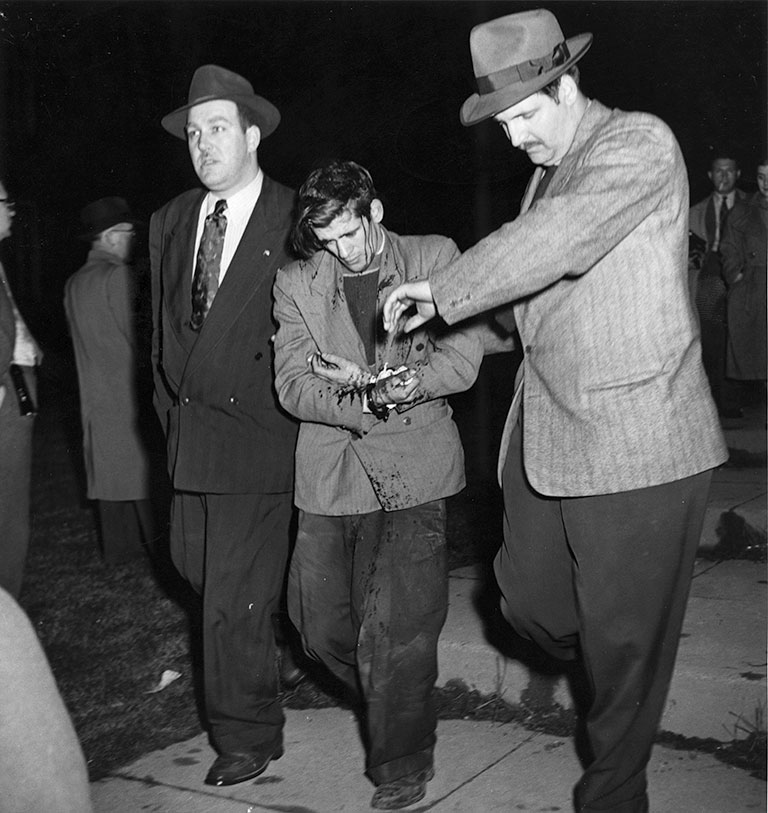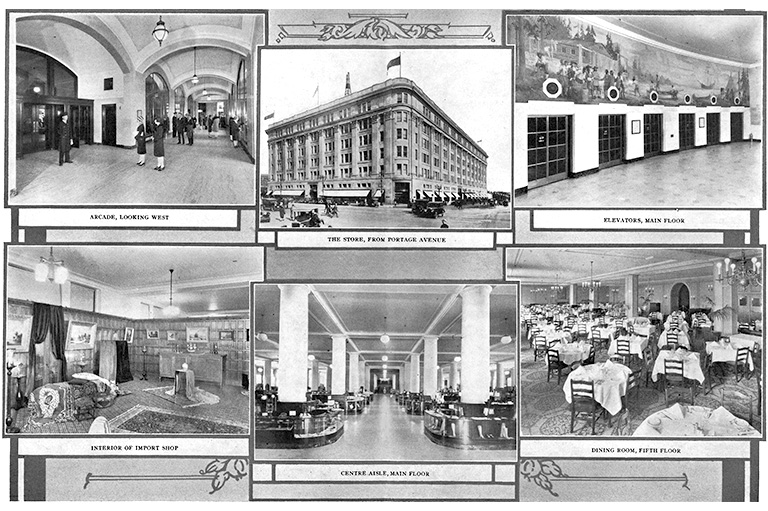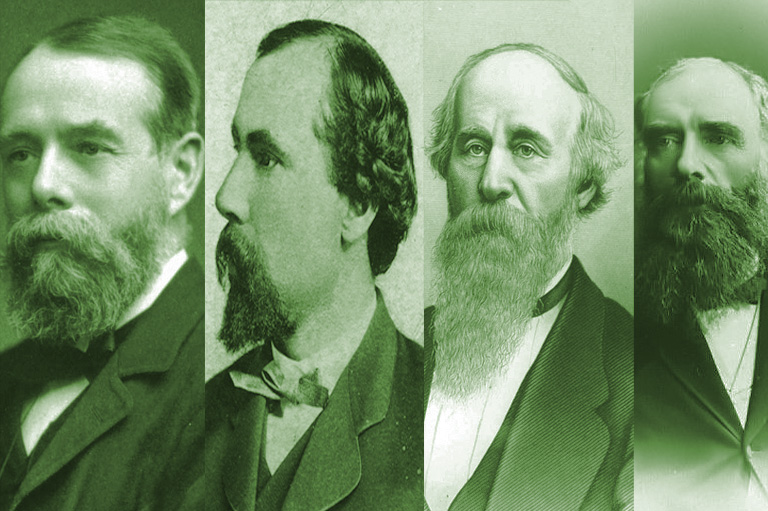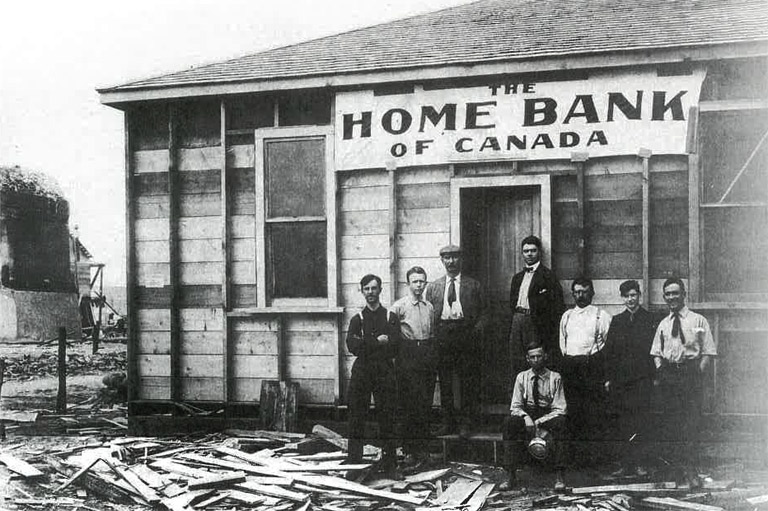Quebec Mining Town Chooses New Moniker

Au revoir Asbestos, and bonjour Val-des-Sources. The Quebec community named after the fireproof — and potentially deadly — mineral has changed its name due to negative connotations surrounding its former moniker. Town officials said in media interviews that the name discouraged investment in the region while subjecting Asbestos residents to ridicule.
The decision elicited mixed feelings among residents. While a majority of locals supported the change, others decried the move, with one man quoted by CBC News as saying, “I was born in Asbestos, and I want to die in Asbestos!”
The new name means Valley of the Springs and is a reference to the community’s location close to three local lakes. Val-des-Sources received 51.5 per cent of the vote. Other options on the ballot included L’Azur-des-Cantons, Jeffrey-sur-le-Lac, Larochelle, Phénix, and Trois-Lacs.
The community’s original name came from the massive chrysotile asbestos deposit located beneath the surface there. Discovered in the 1870s by a local farmer, the deposit was at the time the largest known in the world.
For decades, asbestos was prized for its insulating and fireproofing qualities. During the world wars, it was used widely in the manufacturing of ships, trains, and other vehicles.
However, over time health experts linked exposure to the mineral to diseases such as mesothelioma and asbestosis. In 1987 the World Health Organization declared asbestos to be a carcinogen, and in 2018 Canada banned asbestos products.

Asbestos mining in the region is linked to a key moment in Quebec’s Quiet Revolution. In 1949, miners at four local asbestos mines walked off the job to protest unsafe working conditions and poor wages. The provincial government led by Premier Maurice Duplessis responded by sending in replacement workers along with police to protect the mines, which were owned by American and English-Canadian companies.
The strike exploded in violence as miners sparred with both police and replacement workers. Eventually the province read the riot act and ordered mass arrests of striking miners. The majority of Quebeckers sympathized with the strikers, causing anti-government and pro-francophone sentiment to flourish in the province.
The community’s two remaining asbestos mines closed in 2011.
Themes associated with this article
Advertisement




